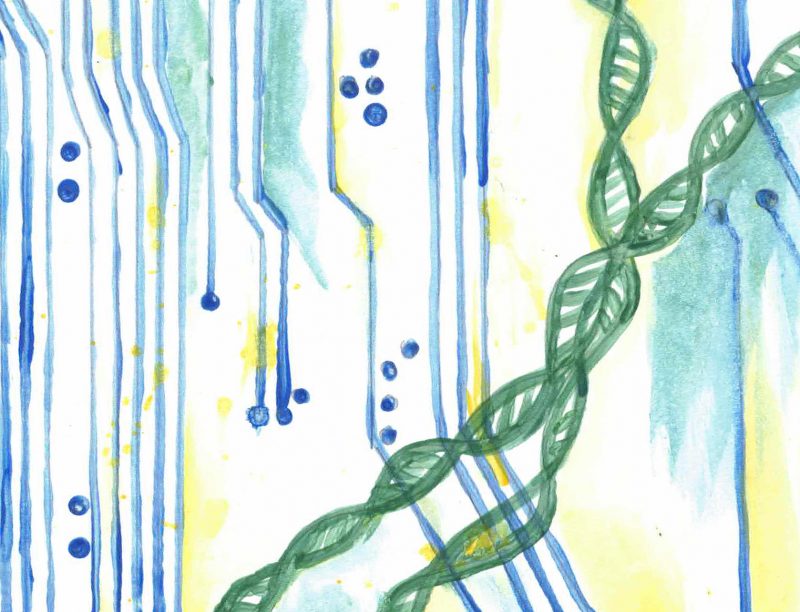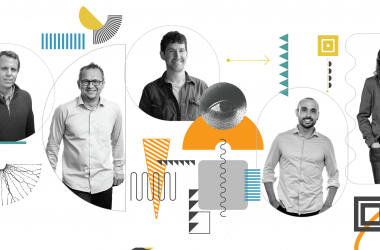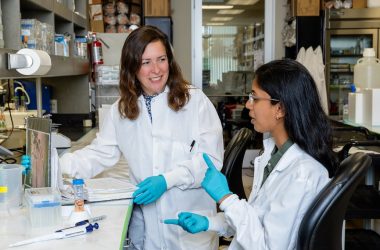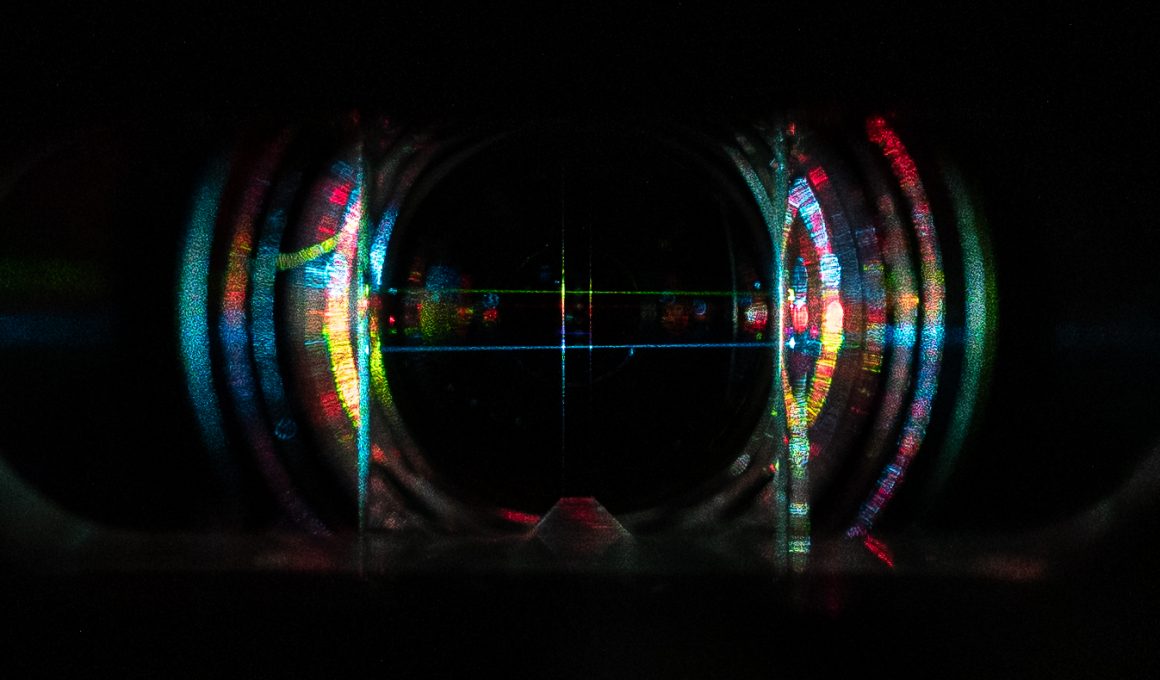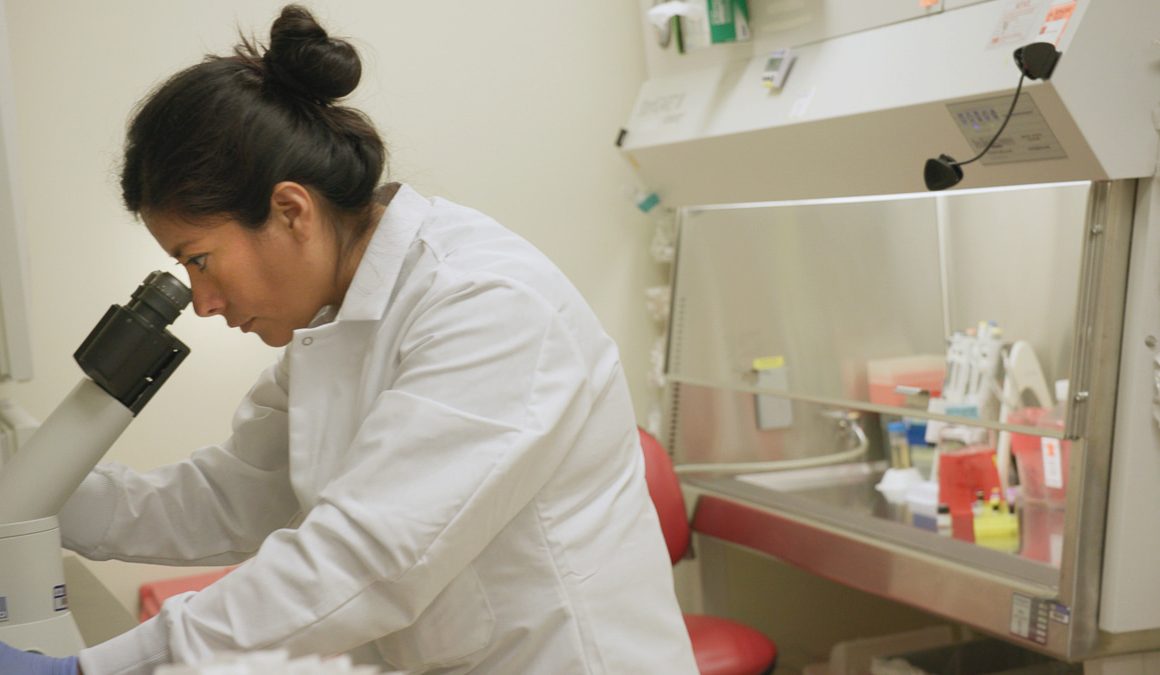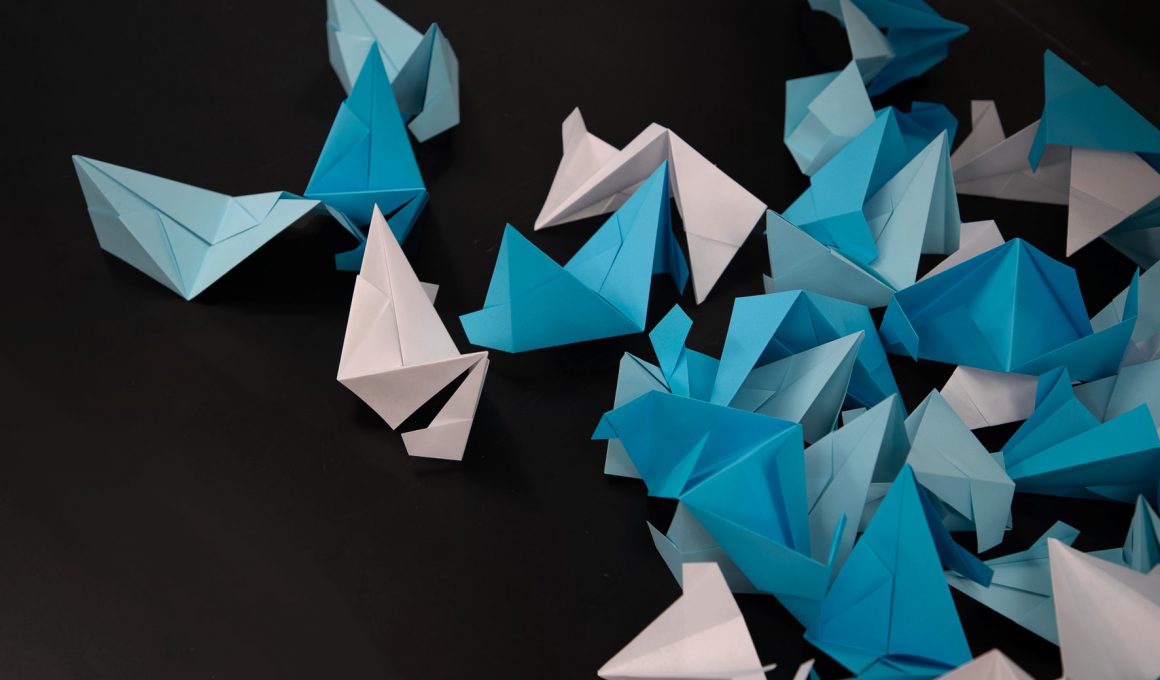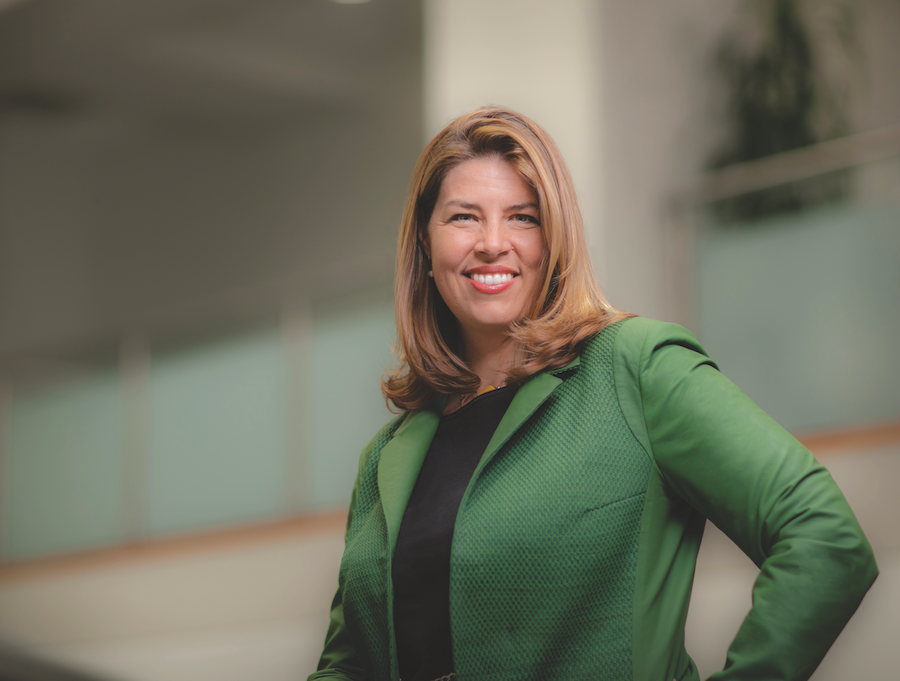Artificial intelligence (AI) and machine learning describe ways of getting computers to sift through data to make predictions.
For example, a popular AI engine called ChatGPT can comb through articles online to come up with answers for just about anything. ChatGPT says it is “reasonable to expect” that Stephen King will continue writing horror novels, and “likely” that Taylor Swift will perform another Super Bowl halftime show.
The stakes are much higher when it comes to using AI and machine learning in medical research. LJI Assistant Professor Tal Einav, Ph.D., and colleagues are working to make sure these cutting-edge tools actually work—that predictions are as accurate as possible.
Dr. Einav uses datasets from studies around the world to build computational models and develop new algorithms to analyze immune system data. His work gives AI tools their “intelligence.”
“With these tools, we can handle larger and more diverse datasets to make sharper predictions,” says Dr. Einav.
Dr. Einav wants to use these tools to weigh dozens of variables—such as age, sex, vaccination history, infection history, and geographic location—to predict peoples’ immune responses to the many types of vaccines we could create. Right now, Dr. Einav’s laboratory is especially interested in predicting each individual’s response to the influenza vaccine in order to provide personalized vaccine recommendations.
How might a specific influenza vaccine affect a young mom in Minnesota versus an older adult in Sri Lanka? The questions (and the flow of data) seem endless, but Dr. Einav knows the answers are out there.
“Every person is special, and we want to be able to give patients their best medicine interventions,” says Dr. Einav.


